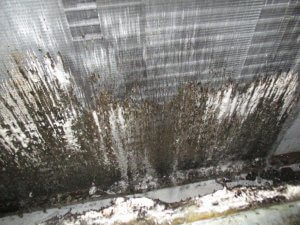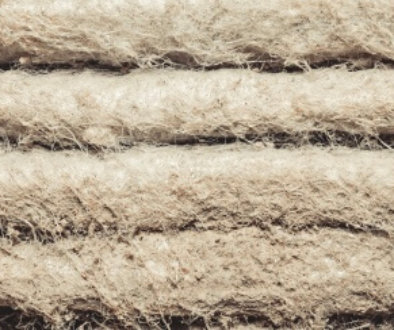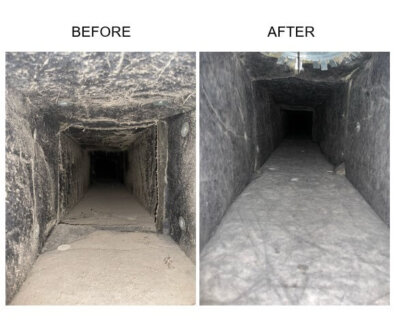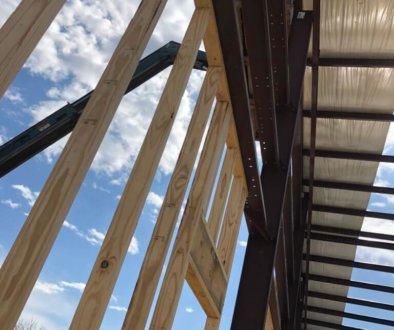 HVAC stands for “heating, ventilation, and air conditioning.” There are different types of HVAC systems, but in general, an HVAC system consists of a furnace, an air conditioner, ductwork throughout the building, and fans connected to the ductwork.
HVAC stands for “heating, ventilation, and air conditioning.” There are different types of HVAC systems, but in general, an HVAC system consists of a furnace, an air conditioner, ductwork throughout the building, and fans connected to the ductwork.
An HVAC system heats or cools air within a building, depending on thermostat settings. HVAC systems also help remove excess moisture in the air, banish indoor smells, and generally clean and freshen indoor air quality.
What happens when HVAC systems don’t work properly?
Most people only notice that their HVAC system isn’t working if it’s no longer heating or cooling the air properly, or if it starts making strange noises. It’s understandable: people can normally rely on their HVAC to provide consistent and comfortable temperatures no matter the weather, so they only pay attention to their HVAC if it stops providing the comfort that they’re used to.
However, even if the heating and cooling seems to be working, there may be problems that you’re just not seeing.
Part of the HVAC system’s job is to clean and purify the air. Unfortunately, there are a lot of parts that can collect dust, bacteria, allergens, and even mold, and then the system circulates these contaminants throughout the house or building without your knowledge. Poor indoor air quality can lead to allergy and respiratory problems. There’s even something called “Sick Building Syndrome,” which is partially attributed to HVAC problems. Sick building syndrome causes a wide range of unpleasant symptoms in occupants of the building, and it’s commonly associated with office buildings, although any type of building can be affected.
Aside from the human health concerns, a dirty HVAC system can cause the system itself to work extra hard and get more wear and tear, increasing the possibility of expensive repairs and shortening the system’s lifespan.
What can I do to keep my HVAC in good order?
Clearly, regular preventive HVAC maintenance is a must if you want to avoid problems with your air quality! You will definitely need to schedule professional services—every 6 months is best for most buildings— but in between visits, there are a few things you can do yourself.
First of all, keep an eye out for potential problems. Pay attention to your HVAC system so that you’ll notice right away if there’s a musty odor or dust coming from your vents, if there are any unusual sounds, or if things don’t seem to be working as usual.
You can also keep an eye on the filters. It’s one thing that just about any homeowner or small business owner can easily replace on his or her own, and it has a big impact on indoor air quality. If you don’t know how to do this, ask your HVAC professional next time they come to your property.
The absolute best thing you can do, though, is to have your HVAC system maintained by a professional on a regular basis. If it’s been awhile since it’s had professional help, call your local heating and cooling company today.




